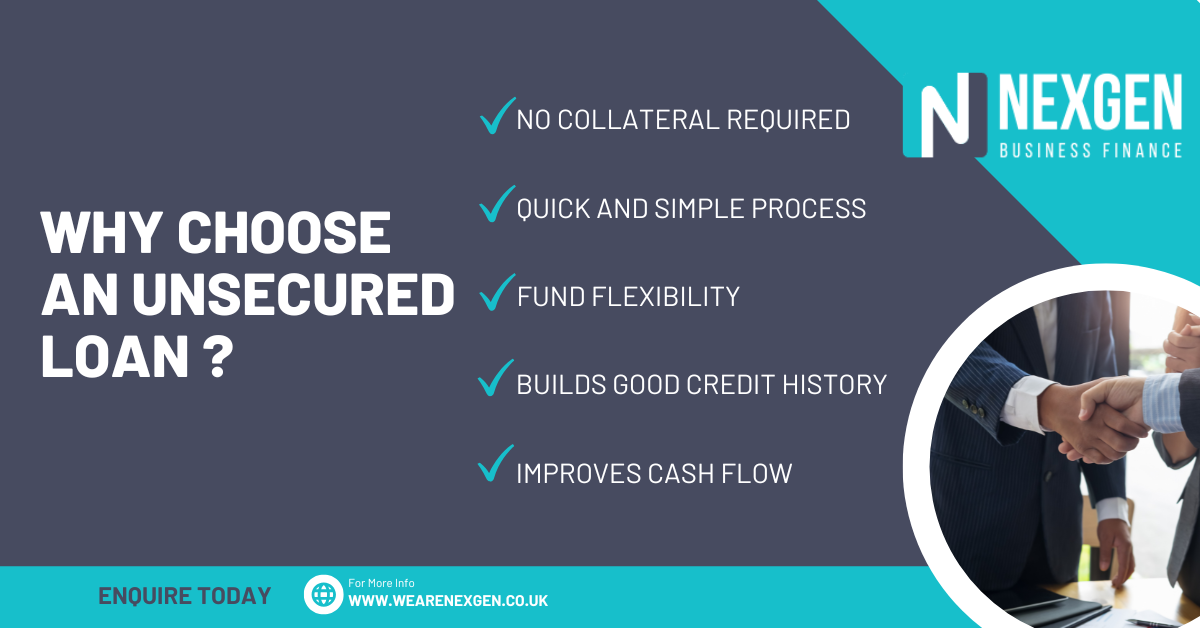
Whether you’re launching a startup, expanding operations, or managing cash flow, a business loan can provide the capital you need to grow. But how exactly does a business loan work? In this guide, we’ll break down the types of loans available, the application process, and key considerations to help you secure the right financing for your small business.
Types of Business Loans
Understanding the different types of business loans can help you choose the best option for your needs. Here’s a detailed look at the most common types:
- Term Loans: A lump sum repaid over a fixed period with a consistent interest rate. Ideal for large investments, like purchasing equipment or expanding your premises. For example, a bakery might use a term loan to buy a new oven costing £20,000.
- Business Lines of Credit: Flexible financing that lets you draw funds as needed, paying interest only on what you use. Perfect for managing cash flow or covering unexpected expenses, such as a sudden repair costing £5,000.
- SBA Loans: Government-backed loans with lower interest rates and longer repayment terms. Great for businesses seeking favorable terms, though the application process can be rigorous. Often used for larger projects, like opening a new location.
- Equipment Financing: Loans specifically for purchasing equipment, where the equipment itself serves as collateral. Useful for industries like manufacturing, where a new machine might cost £30,000.
- Invoice Financing: Borrow against unpaid invoices to access immediate cash. Ideal for businesses with long payment cycles, such as B2B companies waiting 60 days for client payments.
- Merchant Cash Advances: Quick funding repaid through a percentage of daily credit card sales. Best for businesses with high card transactions, like retail stores, but often comes with higher costs.
How to Apply for a Business Loan
Securing a business loan requires careful preparation. Follow these steps to improve your chances of approval:
- Assess Your Needs: Determine how much capital you need and how you’ll use it. For example, if you need £10,000 for inventory, ensure your loan covers this amount plus any fees.
- Prepare Your Documents: Gather financial statements (e.g., profit and loss, balance sheets), bank statements, tax returns, and a business plan outlining your goals and repayment strategy.
- Check Your Credit Score: Both your personal and business credit scores matter. Aim for a personal FICO score of at least 650 for better terms. If your score is lower, consider improving it by paying down debt.
- Compare Lenders: At NexGen, we partner with over 95 lenders to find the best rates and terms for your business. Contact us to explore your options and get personalized advice.
Frequently Asked Questions
At NexGen, thanks to our relationships with over 95 lenders, we can often secure approvals quickly—sometimes within a few days, depending on the complexity of your application.
Yes, but you may face higher interest rates or need to provide collateral. We recommend discussing your situation with our team to find the best solution.
You’ll typically need financial statements (profit and loss, balance sheets), bank statements, tax returns, and a business plan. Our team can provide a detailed checklist.
Interest rates vary based on your creditworthiness and loan type, typically ranging from 4% to 15%. We can help you find the most competitive rates.
Our loan terms are transparent. We will clearly outline any applicable fees, including those for early repayment (if any), in your loan offer document before you commit.
Ready to Apply for a Business Loan?
Understanding how a business loan works is the first step to securing the right financing for your small business. At NexGen Business Finance, we’re here to help you navigate the process and find the best loan for your needs. Contact us today to get started.






